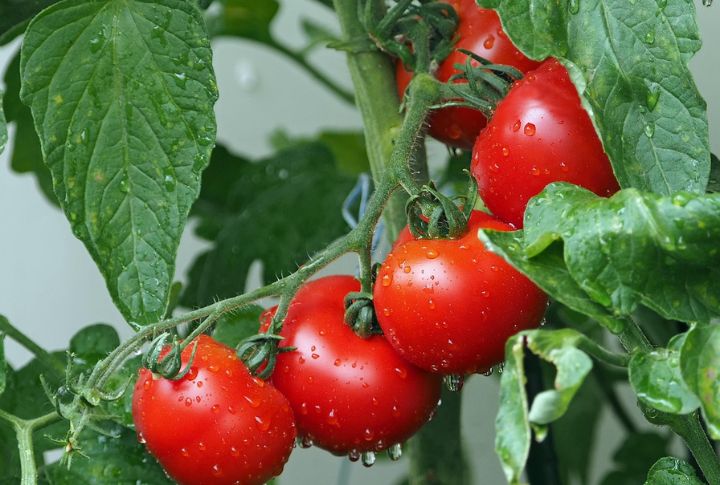
Your ancestors probably thought you were crazy for eating that sandwich. Tomatoes spent centuries on humanity’s most-wanted list as public enemy number one. People had some seriously wild reasons for thinking these harmless fruits were basically edible death traps. Here are a few instances.
Pewter Plate Poisoning
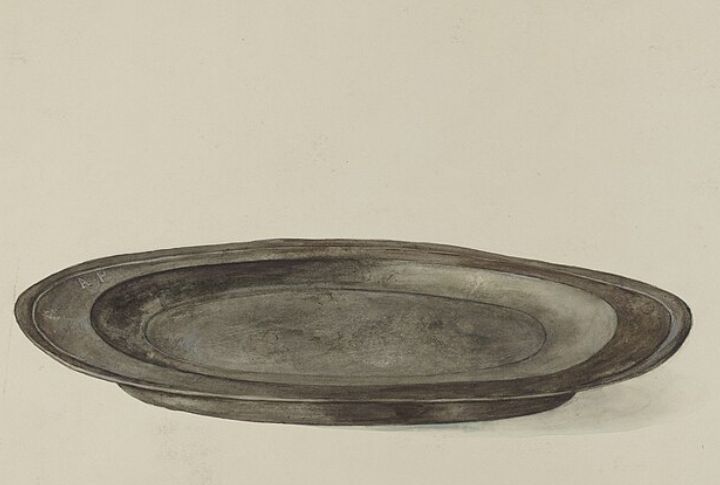
Wealthy European families unknowingly created a scary dining experience during the 16th–18th centuries. Tomato acidity leached dangerous lead from their expensive pewter plates, causing fatal poisoning. Poor families using simple wooden plates stayed relatively healthy, creating bizarre class-based suspicions about who could safely eat tomatoes.
Nightshade Family Fear
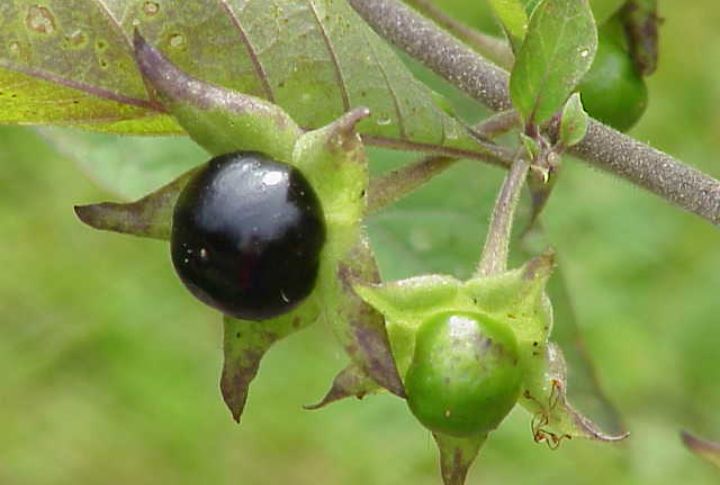
Botanists made a terrifying discovery that haunted people for nearly 200 years. Tomatoes come from the nightshade family, and their leaves and stems contain toxic alkaloids. Scientists warned against the fruit entirely due to its poisonous relatives, spreading guilt-by-association fear across Europe and America.
Aristocratic Avoidance

Nothing screamed “peasant food” quite like tomatoes to European nobility. Upper-class families considered them embarrassing symbols of poverty, utterly unfit for refined palates. Court physicians reinforced these snobbish beliefs with medical warnings, while social stigma prevented any respectable aristocratic garden from growing such plants.
Religious Opposition
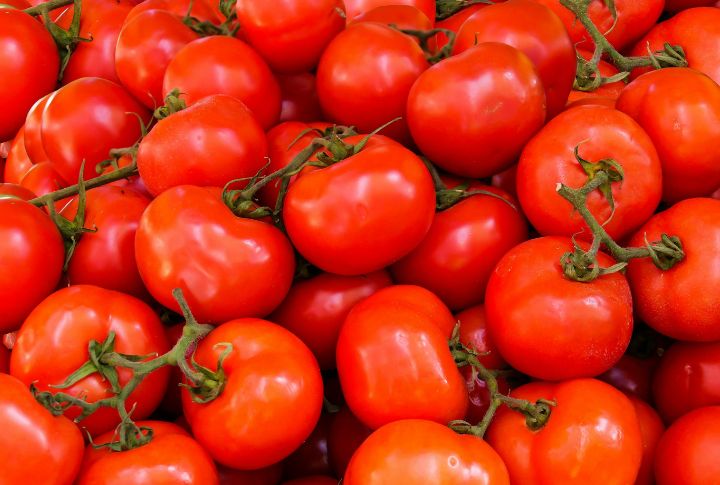
That bright red color looked suspiciously sinful to certain Christian groups. Various denominations actively discouraged tomato consumption on moral grounds, associating the fruit’s appearance with temptation and evil. Religious restrictions varied dramatically by region, creating a confusing patchwork of tomato taboos across different communities.
Medical Misconceptions

In the 18th century, doctors also misjudged tomatoes, blaming them for numerous illnesses and warning patients against “acidic” foods. This led to significant health problems. Furthermore, medical texts advised avoiding tomatoes to prevent digestive issues. The scientific understanding of nutrition simply didn’t exist to counter these misguided beliefs.
Aphrodisiac Reputation
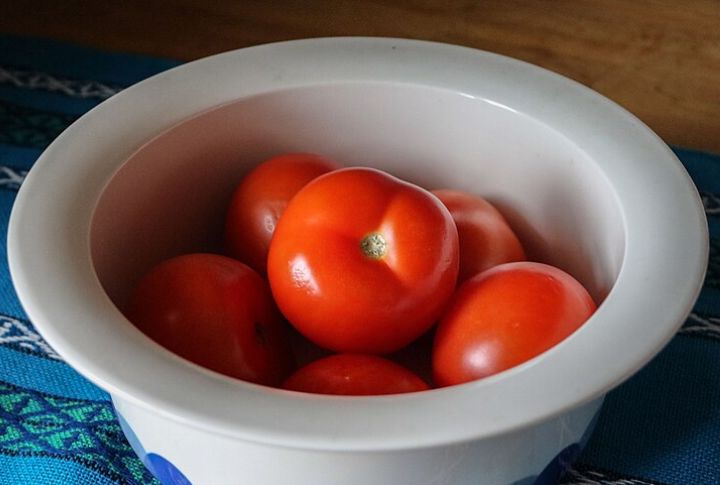
“Love apples” earned these fruits a scandalous reputation that made conservative communities nervous. Many folks believed tomatoes possessed romantic properties due to their sensual appearance and provocative red color. Some regions actually restricted access based on these beliefs, fearing they might encourage immoral behavior.
Preparation Ignorance

Green tomatoes pack higher levels of toxic compounds, but most individuals had no idea how to prepare them safely. Improper cooking methods led to actual illness, which only reinforced existing fears. Culinary knowledge was scarce, and dangerous preparation methods perpetuated the belief that tomatoes were inherently harmful to consume.
Geographic Prejudice
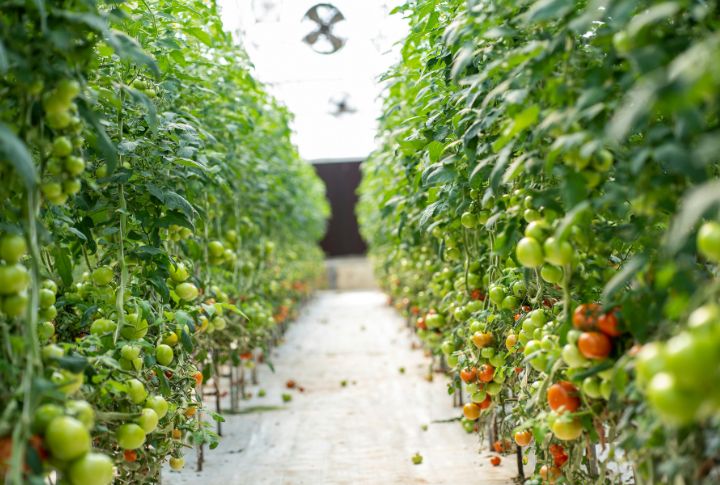
Blame the Northern European climate for making tomato cultivation nearly impossible. This ultimately resulted in predictable failures. People interpreted these failed crops as proof of the plant’s “unnatural” nature. They rejected the fruit thoroughly, with climate-based cultivation problems reinforcing every existing suspicion.
Scientific Classification Confusion
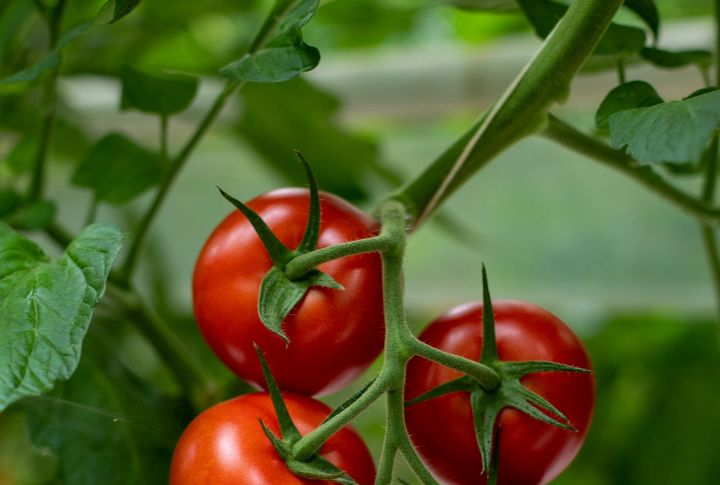
Early botanists couldn’t even agree on basic tomato facts. Heated debates raged over whether tomatoes were fruits or vegetables, leading to wildly conflicting safety recommendations. Different classification systems crafted contradictory advice, and this scientific confusion allowed dangerous folk beliefs to persist much longer than they should have.
Spoilage Speed Suspicion
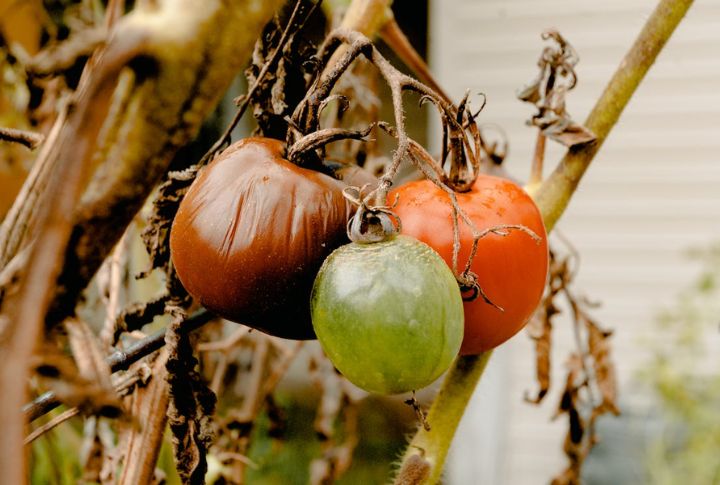
Something seemed wrong when tomatoes rotted faster than everything else. Pre-refrigeration families watched them deteriorate rapidly, taking this as proof of inherent corruption. People figured that good foods should naturally preserve themselves longer; hence, this quick spoilage became evidence that tomatoes were fundamentally unwholesome.

